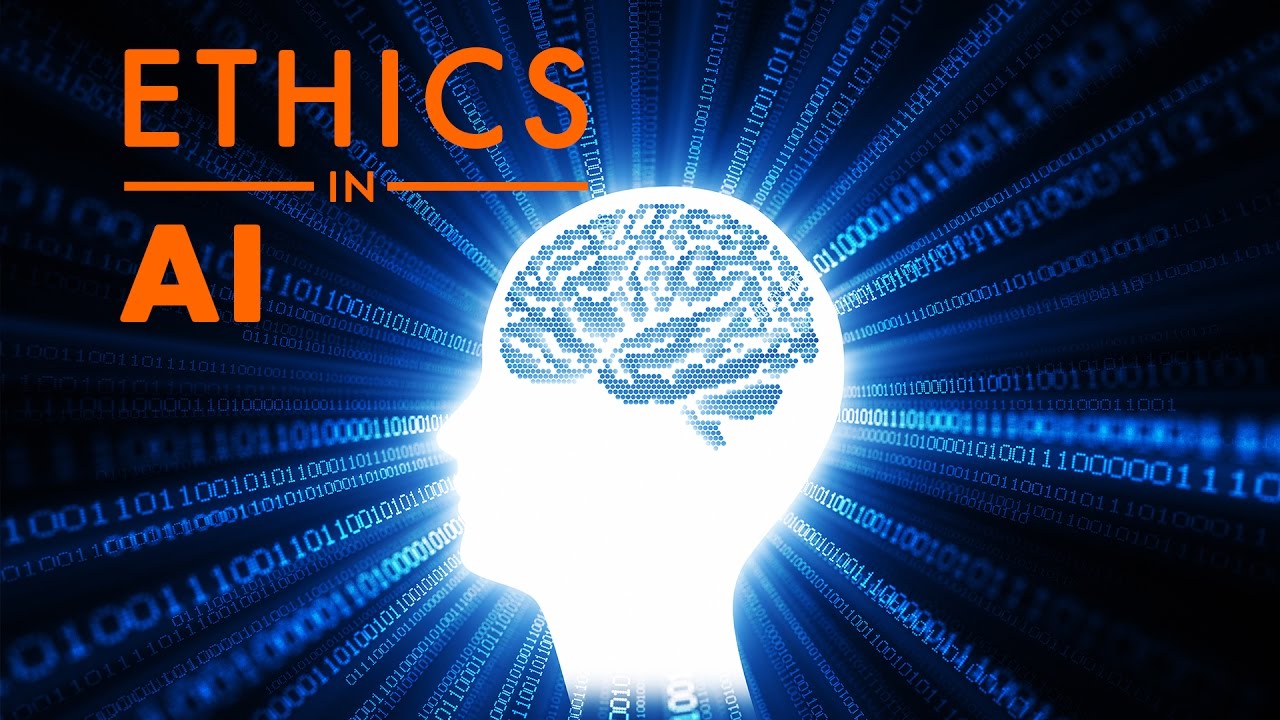The Ethics Of AI In Civil Engineering Design

Artificial intelligence (AI) is one of the fastest-growing fields of technology today. With the rapid pace of development, there is a growing concern about the ethical implications of AI. As a result, various groups have come up with AI ethics guidelines to address these concerns. In this article, we will explore the consensus among the diverse groups regarding these guidelines.
What are AI Ethics Guidelines?
AI ethics guidelines are a set of principles that govern how AI should be developed and used. These principles aim to ensure that AI is developed and used in a way that is both ethical and beneficial to humanity. The guidelines cover a range of issues such as transparency, accountability, privacy, bias, and more. They are designed to guide both individual developers and organizations involved in developing and using AI.
The Consensus Among Diverse Groups
There are various groups that have developed AI ethics guidelines, including governments, corporations, and non-profit organizations. Despite the diversity of these groups, there is a general consensus among them regarding the fundamental principles that should govern AI.
Transparency
One of the key principles of AI ethics guidelines is transparency. This means that the development and use of AI should be transparent, meaning that developers and users should be open about how the technology works and the data it uses. This transparency is essential to ensure that AI is not developed or used in a way that is harmful, discriminatory, or unfair.
Accountability
Another fundamental principle of AI ethics guidelines is accountability. Developers and users of AI should be accountable for the software they create and use. This means that they should be responsible for ensuring that their AI is developed and used in a way that is both ethical and beneficial to society. In addition, they should be held accountable if their AI causes harm or is used in an unethical manner.
Privacy
Privacy is another key principle of AI ethics guidelines. Developers and users of AI should respect individuals' privacy rights and ensure that their data is protected. This includes obtaining consent for the use of data and ensuring that data is used only for its intended purpose. This privacy is essential to ensure that individuals are not unfairly or harmfully targeted by AI systems.
Bias
Bias is a significant concern in the development and use of AI. AI systems can be biased against certain groups, which can result in discrimination and unfair treatment. AI ethics guidelines aim to address this issue by ensuring that developers and users of AI are aware of the potential for bias and take steps to mitigate it. This includes ensuring that data used to train AI systems is diverse and representative of the population as a whole.
Conclusion
AI ethics guidelines are essential to ensure that AI is developed and used in a way that benefits society and does not cause harm. There is a general consensus among various groups regarding the fundamental principles that should govern AI, such as transparency, accountability, privacy, and bias. Developers and users of AI should follow these guidelines to ensure that their technology is both ethical and beneficial to humanity.
FAQ
What are AI ethics guidelines?
AI ethics guidelines are a set of principles that govern how AI should be developed and used. These principles aim to ensure that AI is developed and used in a way that is both ethical and beneficial to humanity.
Who develops AI ethics guidelines?
Various groups have developed AI ethics guidelines, including governments, corporations, and non-profit organizations.
What are the key principles of AI ethics guidelines?
The key principles of AI ethics guidelines include transparency, accountability, privacy, and bias.
Why are AI ethics guidelines necessary?
AI ethics guidelines are necessary to ensure that AI is developed and used in a way that benefits society and does not cause harm. They provide a set of principles to guide individuals and organizations involved in the development and use of AI.
What is the consensus among diverse groups regarding AI ethics guidelines?
Despite the diversity of groups that have developed AI ethics guidelines, there is a general consensus among them regarding the fundamental principles that should govern AI.
What is the role of accountability in AI ethics guidelines?
Accountability is a fundamental principle of AI ethics guidelines. Developers and users of AI should be accountable for the software they create and use. This means that they should be responsible for ensuring that their AI is developed and used in a way that is both ethical and beneficial to society.
What is the role of bias in AI ethics guidelines?
Bias is a significant concern in the development and use of AI. AI ethics guidelines aim to address this issue by ensuring that developers and users of AI are aware of the potential for bias and take steps to mitigate it. This includes ensuring that data used to train AI systems is diverse and representative of the population as a whole.


Post a Comment for "The Ethics Of AI In Civil Engineering Design"